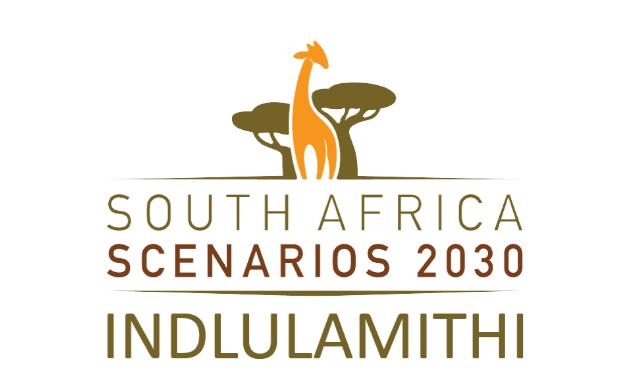
Johannesburg, South Africa – 18 February 2021 – On 22 February, Indlulamithi South Africa Scenarios 2030, in partnership with the GIBS Centre for Leadership and Dialogue and Applied Development Research Solutions (ADRS), will be hosting a dialogue to discuss the alternative policy options the country may take in addressing the economic crisis.
During this dialogue, ADRS will launch a new in-depth report: COVID-19 and SA’s Economic Outlook. While much policy focus over the last year has been on short-term COVID-19 mitigation measures, the study argues that returning to the pre-COVID economic recession is not a desirable option. Instead, it makes the case for a new six-pillar policy framework, which ADRS believes can help the South African government not only respond to the immediate crisis, but also effectively address the country’s persistent crisis of low growth and high unemployment.
The report will be presented by Dr Asghar Adelzedah, Director and Chief Economic Modeller at ADRS, and Dr Pali Lehohla, Member of the Indlulamithi Executive Committee and Former Statistician General of South Africa. Key stakeholders, thought leaders and decision makers from the economic sector will discuss alternative policy pathways available to South Africa, which support the recovery and reconstruction of the economy post-pandemic and beyond.
Speaking ahead of the event, Dr Ashgar Adelzedah says: “In the wake of the pandemic, several studies have been conducted to determine its impact on the South African economy. Many of these reports, however, have had self-acknowledged shortcomings, such as focusing only on the immediate impact of COVID-19. The main objective of this report is, first, to estimate the effects of the pandemic on the already struggling local economy. But second, we endeavour to present a policy mix that is likely to both mitigate the negative impact of the virus and propel the economy on a growth and development trajectory that yields significant positive outcomes by the end of the new decade.”
In estimating the COVID-19 impact and identifying actionable policy alternatives, the study used ADRS’s economy-wide Linked National-Provincial model of South Africa (SA-LNP™). The model simulated the short, medium and long-term impact of six COVID-19 scenarios under a status quo or ‘business-as-usual’ policy option. It then simulated the new six-pillar policy framework, presenting scenarios for alternative policy responses that promote growth.
“The results show that the South African government can indeed effectively defeat the twin crises of COVID-19 and chronic stagnation with high rates of poverty and inequality. However, to do so it must boldly chart a new economic policy course,” adds Dr. Adelzedah.
At the event, Dr. Pali Lehohla will also be contextualising the report in light of the ongoing work of Indlulamithi SA Scenarios 2030. Indlulamithi SA Scenarios is a research-based initiative that encourages thinking on the future of the country, by gathering information on longer-term developments and how these may interact with current policies, while flagging future risks and opportunities.
Given developments over the past two to three years, Indlulamithi has posed the question of whether it is still possible to attain the objectives of the National Development Plan, and a high level of social cohesion, by 2030.
“At this time, it is imperative that we expand the current narrative on economic policy choices. We have a duty and a responsibility to give the nation alternative ways of thinking about the choices on economic policy that we should be pursuing to take us towards a more prosperous and socially cohesive future,” Dr. Lehohla says.
The 129-page ARDS report and its findings will be launched virtually on the 22 February 2021, before being made available for public download.
For more information, you can email: [email protected]











